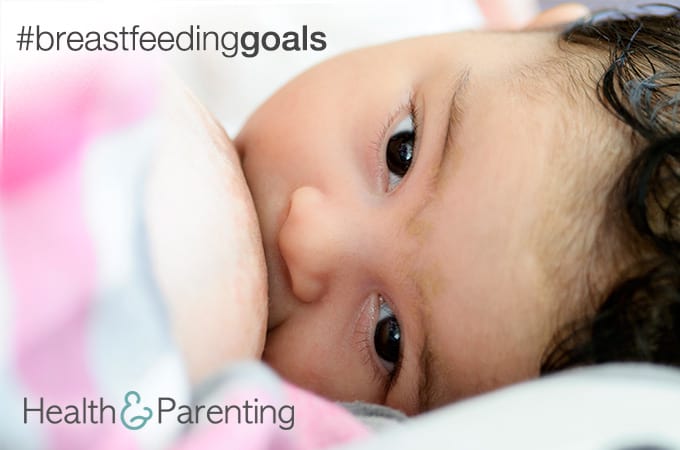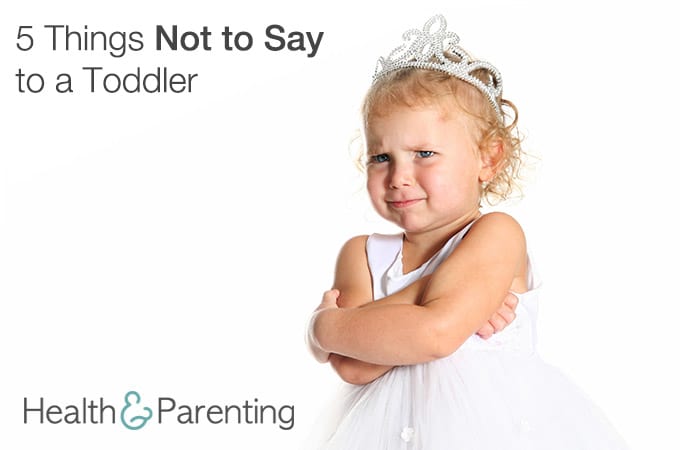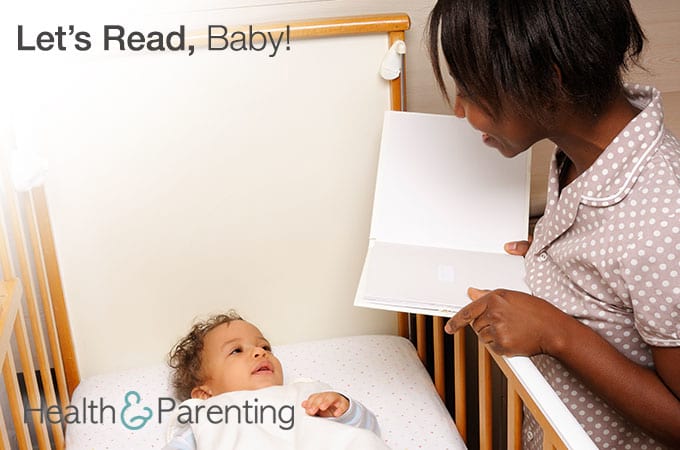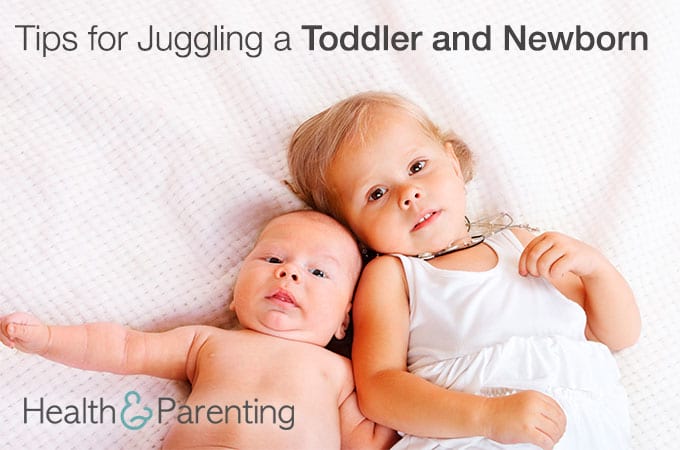You’ve been breastfeeding your baby from the start. You’ve gotten past those two-hourly feedings your baby had in the first weeks, to starting solids and drinking from a cup. What now?
When to wean
The American Academy of Pediatrics recommends exclusive breastfeeding for the first six months, then continued breastfeeding while solids are introduced during the second six months of life. Weaning can happen at one year, but breastfeeding can continue as long as mom and baby are both happy with it. The World Health Organization recommends nursing to two years or beyond. Experts say the natural age for weaning is between 2.5 years and 7 years.
Weaning without worries
If you want to wean your baby, you need to consider his age and his developmental stage. If your baby is younger than one year, those at-breast feedings will need to be replaced with expressed breastmilk or formula.
If your baby is older than one year, you can gradually wean from the breast by eliminating one feeding every few days. If your baby resists or regresses in other areas, then weaning is going too fast for him. Gradual weaning is also preferred so that your breasts do not become engorged, risking plugged ducts and mastitis for you.
For older babies, weaning strategies might include: distractions at normal feeding times, substitutions with other foods, shortened nursing sessions, and don’t offer don’t refuse.
Expect weaning to take time – maybe even months. Night nursing and naptime sessions are typically the last to go.
What if you’re being pressured to wean?
How do you feel about continuing to breastfeed? It’s entirely your own private decision about whether or not to continue nursing your baby. The benefits of breastfeeding don’t end just because your baby turns a certain age. How you deal with judgments from others depends on how close you are to that person. You may be more emotionally offended if the person questioning your continued breastfeeding is your partner or a family member. You can always use phrases, such as “My doctor thinks this is best for our baby” or “This is working for our family” when people start asking when you’re going to wean.
Extended breastfeeding
Breastmilk doesn’t turn to water at one year. It continues to be a source of nutrients for your toddler. Your child will still get the immunological benefits along with the calories and comfort of breastfeeding no matter how many months (or years) old he is.
How long are you planning to nurse your baby? What are your #breastfeedinggoals?
Written by Michelle, childbirth instructor, lactation consultant, and mother to 4 busy kids
This information is not intended to replace the advice of a trained medical doctor. Health & Parenting Ltd disclaims any liability for the decisions you make based on this information, which is provided to you on a general information basis only and not as a substitute for personalized medical advice. All contents copyright © Health & Parenting Ltd 2016. All rights reserved.














